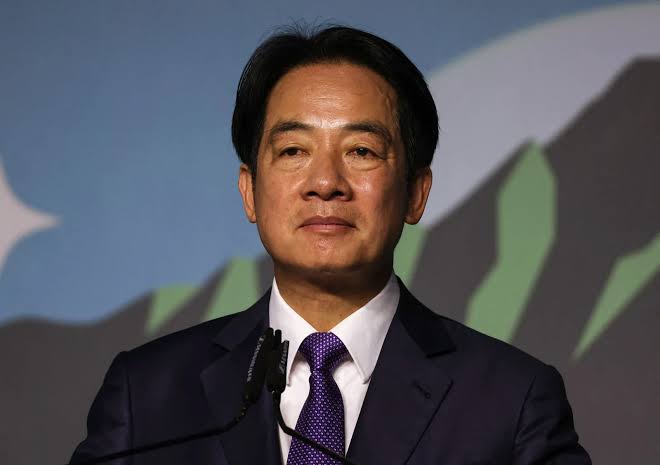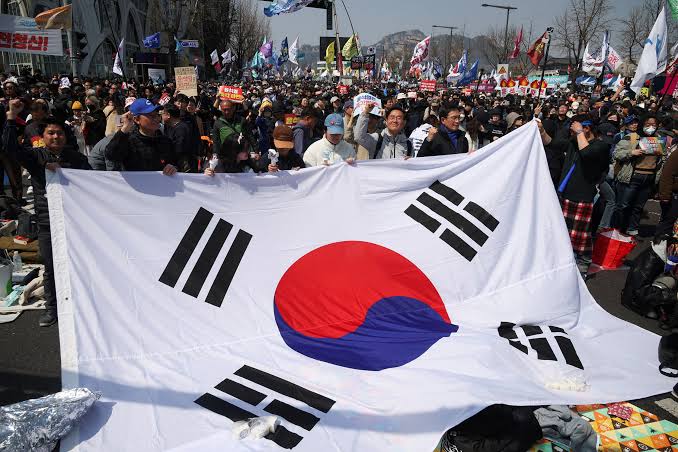Lebanon’s newly appointed prime minister announced the establishment of the country’s first comprehensive government since 2022 on Saturday.
President Joseph Aoun confirmed in a statement that he had accepted the resignation of the previous caretaker government and signed a decree with Prime Minister Nawaf Salam to officially form the new cabinet.
Salam’s cabinet consists of 24 ministers, evenly divided between Christian and Muslim sects, and was established less than a month after his appointment. This development comes at a critical time as Lebanon seeks to rebuild its war-torn southern region and ensure security along its southern border following a devastating conflict between Israel and the Hezbollah militant group. A ceasefire brokered by the U.S. brought an end to the hostilities in November.
The country continues to grapple with a severe economic crisis that has persisted for six years, severely impacting its banking system, crippling the state electricity sector, and plunging many citizens into poverty, unable to access their savings.
Read more: Trump’s idea to relocate Palestinians from Gaza could worsen humanitarian crisis: Experts
Salam, a seasoned diplomat and former president of the International Court of Justice, has committed to reforming Lebanon’s judiciary and revitalizing its struggling economy while striving to restore stability in a nation that has faced ongoing economic, political, and security challenges for decades.
Although Hezbollah did not formally endorse Salam as prime minister, the group engaged in discussions with him regarding the allocation of Shiite Muslim seats in the government, in accordance with Lebanon’s power-sharing framework.
The new government also signifies a departure from leadership closely aligned with Hezbollah, as Beirut aims to strengthen its relations with Saudi Arabia and other Gulf states that have expressed concerns over Hezbollah’s increasing political and military influence in recent years.
In early January, former army chief Aoun was elected president, filling a long-standing vacancy in the position. He, too, was not endorsed by Hezbollah or its key allies.
Aoun has echoed Salam’s sentiments, pledging to reinforce the state’s authority to “monopolize the carrying of weapons,” implicitly addressing the issue of Hezbollah’s arms.





